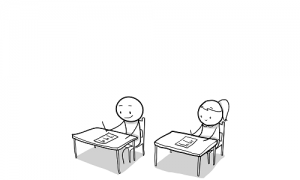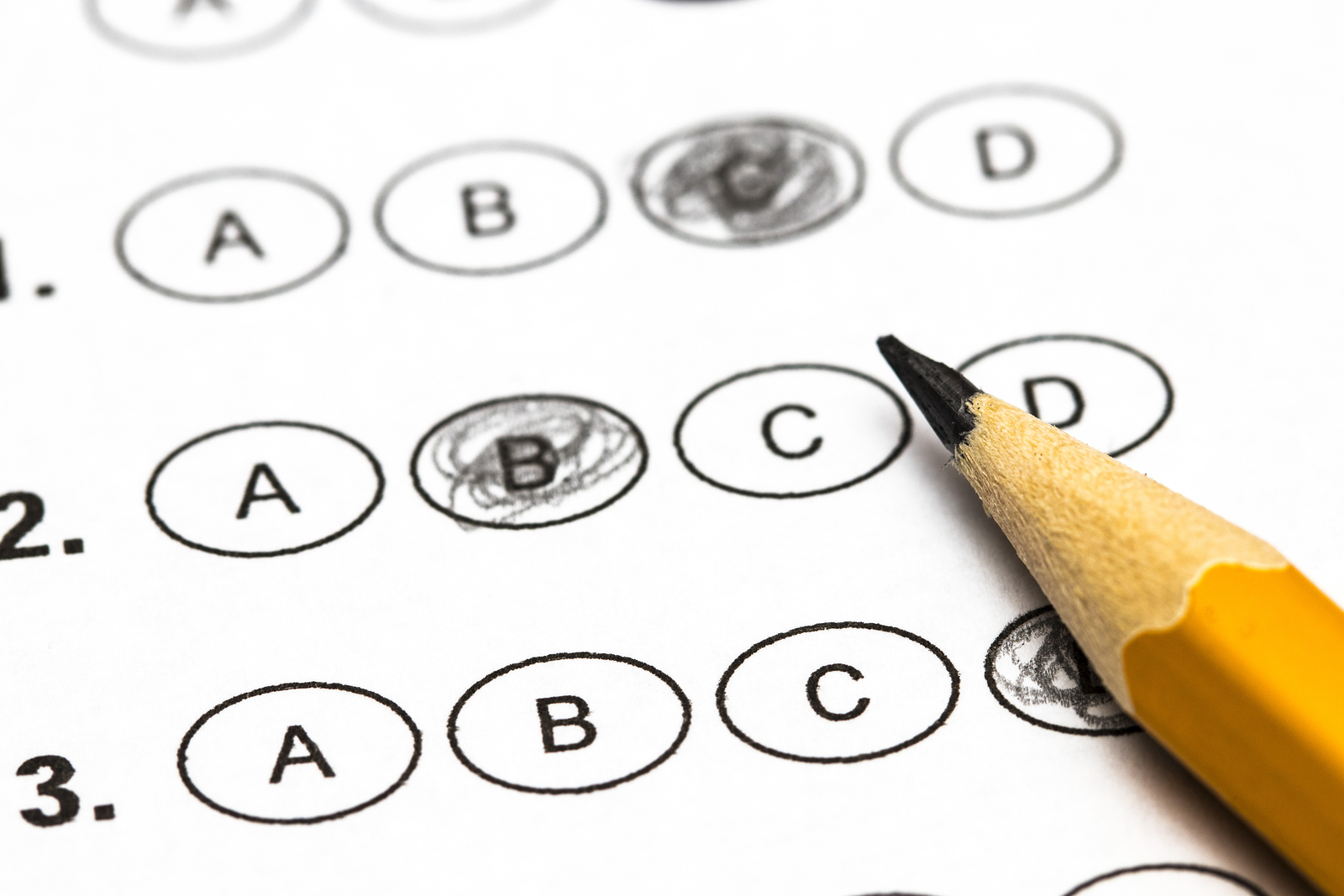- Get familiar with your test.
Learning how to take any standardized test will help prepare you for others. But each test has its own personality, and the best thing you can do for yourself is understand the quirks of the one you’ll take. If you want to race in the Baja 1000, knowing how to race the Indy 500 will be good practice, but nothing will prepare you like practicing on the track you want to know like the back of your hand.
- Practice Greek and Latin roots.
There is no way to be sure which vocab words you’ll see. But arming yourself with the ability to decode tough words by knowing where they came from can be worth several points all by itself.
- Don’t Practice Reading. Practice Taking Reading Tests
Reading Tests Are Not the Same as Reading. You don’t have time to sip a cup of tea and enjoy the lovely wordplay the brilliant author is setting before you. Your job is to quickly pick out main topics, and find answers quickly. Reading tests don’t tell you much about how well you read. They tell you how well you can take a reading test.
- Don’t Practice Math. Practice Taking Math Tests
If you try to do a math section on a test the same way you do your homework, you’ll take much longer to solve problems, and probably make far more goofs. Even on simple problems. Math test practice is much more about getting in the habit of figuring out the best way to pick out the best answer choice quickly, and safely.
- Practice, practice, practice.
You can read all the books you want to on playing piano or baseball, but nothing will get you familiar with a test like getting in there and doing it over and over. The best musicians, dancers, and athletes will tell you that they are at their best when they have to think the least about what they’re doing. That comes through practice. Practice standardized reading tests, and your brain won’t freak out when it doesn’t understand every unnecessary detail. Practice standardized math tests and you’ll naturally fall in to quicker, surer ways of solving problems than sticking with the habits of problem solving the way you normally do your classwork, or homework. Studies show that overpracticing will prepare you for maximum understanding of your task with minimum anxiety. Even if you’re busy, 5, 10, or 20 minutes a day is much better than nothing.







